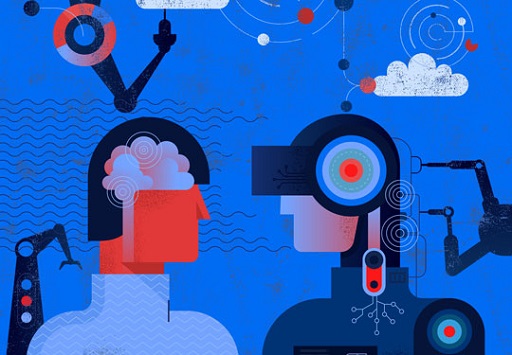Introduction
Artificial Intelligence (AI) is part of a swathe of recent technologies that have the potential to significantly disrupt, both for good and ill, societies and cultures in ways that are sure to be profound but are, as yet, little understood. Voices in support of the benefits of such technology point to its potential as a solution to serious challenges humans face, from tackling climate emergencies to supporting sustainable population increases across the world, but also as a means to radically improving health and educational outcomes, addressing long-standing challenges in medicine, science and engineering, and protecting political freedoms and promoting economic stability. On the other hand, there are as many – if not more – voices warning that these new technologies are already severely and negatively impacting almost every area of modern life, from increasing surveillance and exacerbating historical inequities in policing, justice, education and employment, to threatening hard won gains over the last century in health and wellbeing, gradual improvements in livelihoods and working conditions, and political and economic freedoms.

In this short course, you will spend time on both the positive and negative aspects of AI, aiming to navigate a meaningful path between them, in order to gain greater awareness of the risks of such technology, as well as an appreciation of possible responses to such risks, while also being able to identify the opportunities that AI provides.
You will have a range of opportunities in this course to investigate the latest thinking on these issues, and to begin building a well-informed response to the complex issues and challenges involved.
There are activities throughout to give you an opportunity to check your knowledge on some of the key concepts introduced in the course.
Finally, this course is a gateway into a wider world of thinking about and even working in the field of AI. The future will surely include significant amounts of AI technology in one form or another. The present course provides a taste of the full version of this course within the Open Centre for Languages and Cultures (explained further below). Most of the themes covered in the first two units of the full course are reflected here, and these themes link directly to future courses within the OCLC’s ‘AI in the workplace’ series. The full course kick-starts this series with a broad overview of the field, while also including more detailed investigations into areas that are fundamental to understanding the impact of AI technology on modern society.
What are the learning outcomes?
After completing this course, you will be able to:
- describe the historical, social, political and economic issues in AI
- understand the benefits and risks of AI technology
- express some ideas about the ethical challenges with building AI technology
- formulate possible ways of responding to the risks and opportunities which AI represents.
